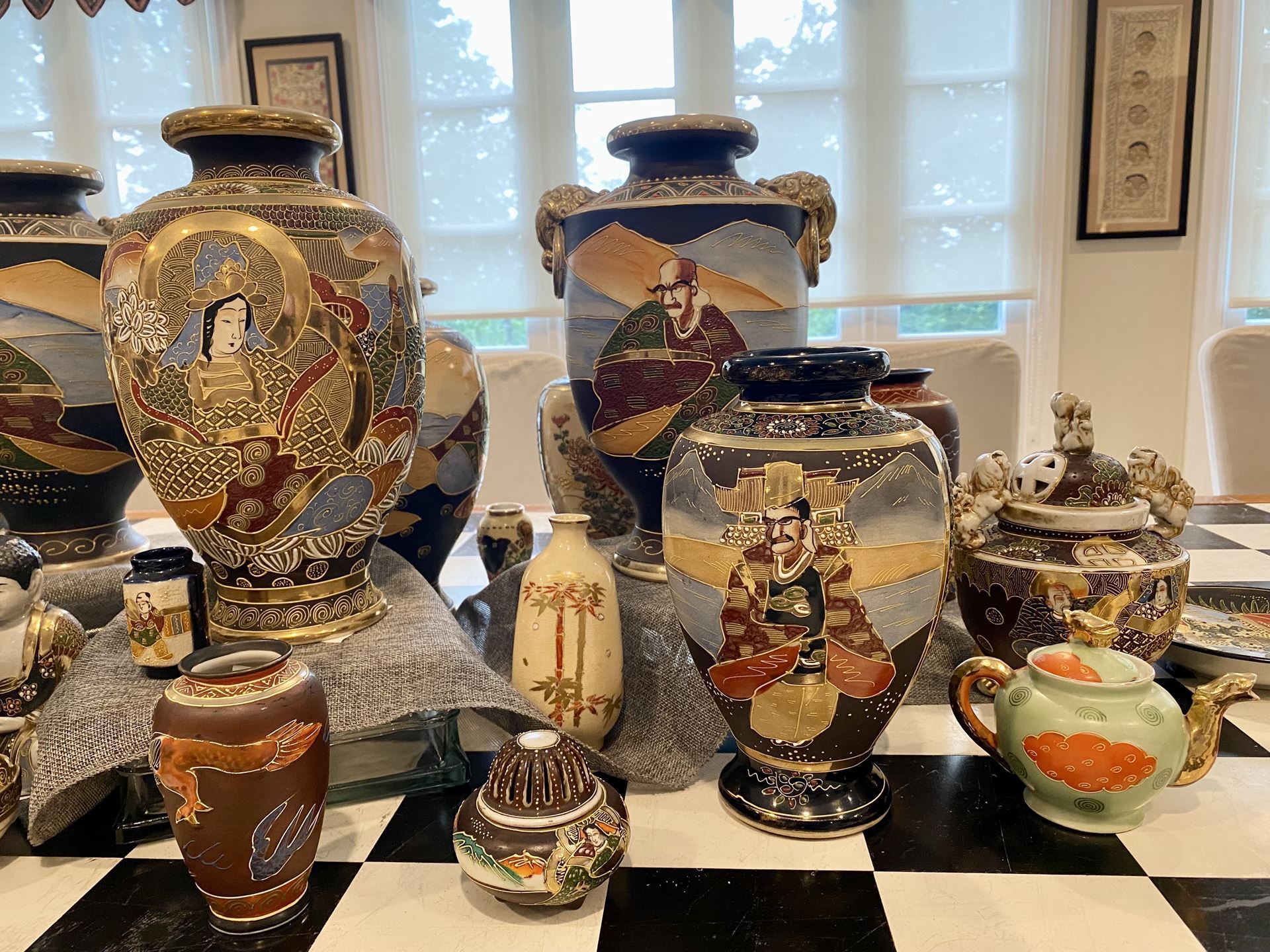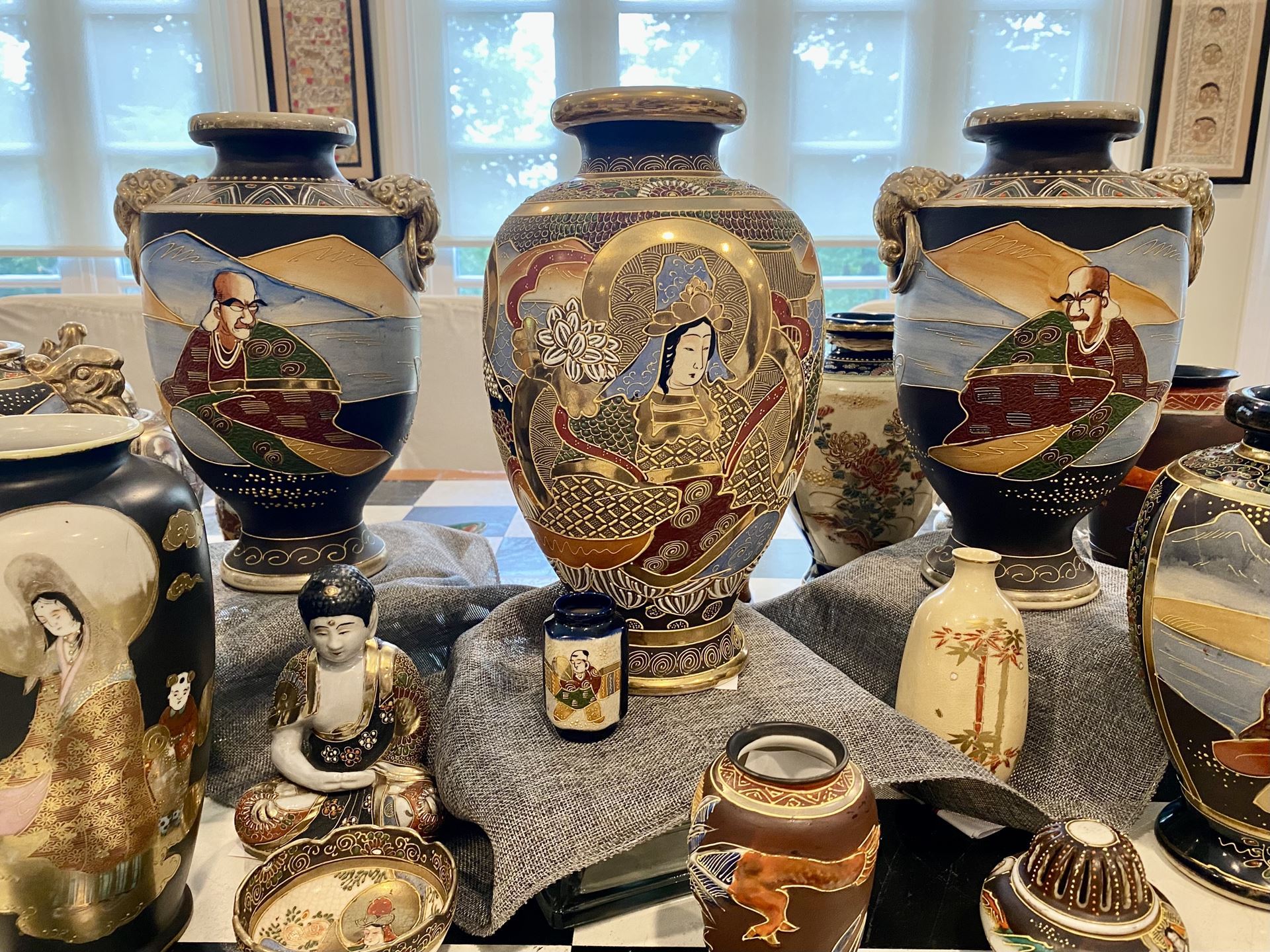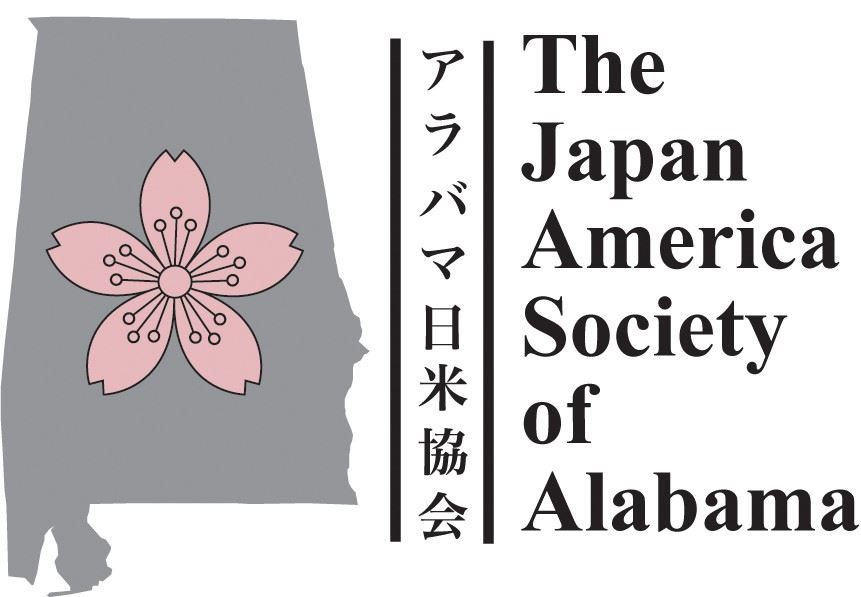

Many Alabamians are familiar with the word “Satsuma”, either as a reference to the City of Satsuma in Mobile County, or to its namesake, the Satsuma orange, which was grown in Alabama beginning in 1878 after Emperor Meiji of Japan presented a Satsuma tree as a gift. In fact, farming of Satsuma oranges in the Mobile area was a thriving business in the late 1800’s and early 1900’s until Satsuma trees were damaged by the combination of cold weather and a disease that affected fruit trees.
There is another type of Satsuma that originated long before Satsuma trees were introduced to Alabama. Around the year 1600 a type of clay pottery called “Satsuma” began production in the Satsuma Province in southern Kyushu, Japan. The original Satsuma pottery, which was plain and dark in color, was succeeded in the mid-1800’s by elaborately decorated Satsuma that was made in cities throughout Japan. It was made until around 1930, and during its 80 years of production was exported from Japan to countries around the world. Once the production of authentic Japanese Satsuma ended, because it had become so popular in export markets, other countries, including China, began making a lower quality version of Satsuma that continued until the 1960’s.
Earlier this year JASA was contacted by Mr. John Daane of Milton, Florida, who was searching for a Japanese organization that would be willing to own and care for the Satsuma pottery his parents had collected between the 1950’s and 2015 when they lived in The Netherlands, South Africa and New Zealand. On behalf of his family’s estate, it was Mr. Daane’s wish that a Japanese organization would care for and display his parents’ Satsuma, and with that commitment, JASA is now the proud owner of a 63-piece collection of authentic Satsuma, most of it now over 100 years old.
JASA first introduced the collection at a recent Board of Directors meeting, and it has since been displayed at other JASA events. The plan is for it to be on temporary display at JASA member companies, universities or other organizations. Anyone interested in hosting all or part of the collection should contact JASA President Mark Brown or Honorary Consul General Mark Jackson.
JASA is grateful to the Daane family for their donation, and we look forward to many years of JASA members and friends being able to see and appreciate the incredible beauty and quality of authentic Satsuma!
